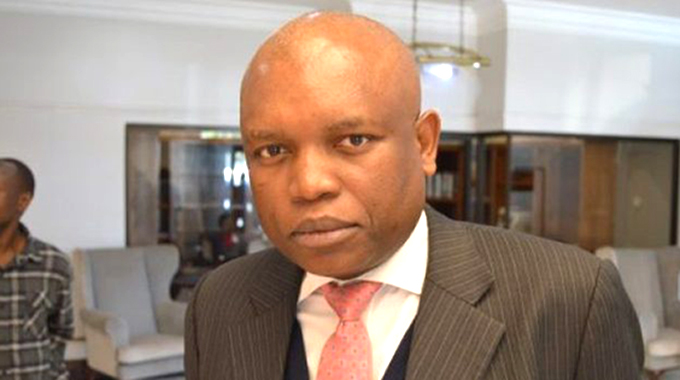Mthuli’s budget gets Parly nod

Golden Sibanda
FINANCE Minister Professor Mthuli Ncube’s Finance Bill and $10,62 billion Supplementary Budget as well as measures proposed in the mid-term budget to boost production and revenue inflows sailed past the last potential hurdle after Senate approved three Bills yesterday, which now only await Presidential assent to become law.
This was after the National Assembly met on Wednesday, Thursday and Friday last week to fast-track three major Bills, among them Finance Bill Number Two and the Appropriation Supplementary Bill, which Senate deliberated on past late night Wednesday.
Finance Bill Number Two needed to be approved by both houses of Parliament to get Presidential assent before August 21 to avoid collapse of monetary measures the Government introduced early this year through Statutory Instrument 33 of 2019, which is due to expire.
Notably, Finance Bill Number Two also serves to give legal effect to monetary measures introduced by Government in February when all electronic bank balances (RTGS dollars), then rated 1 to 1 with US dollar, were converted to local currency at exchange rate of 1 to 1.
This was done through a statutory instrument 33 of 2019 issued in terms of the Presidential Powers (Temporary Measures) Act, which expires on August 21, 2019, as provided for in the Constitution of Zimbabwe, which gives roughly just over 3 months of effect.
Presenting the second reading of the Finance Bill, Minister Ncube said the instrument seeks to give effect to the fiscal measures that he announced through the mid-term fiscal policy review statement delivered on August 1, 2019, and in particular, avail relief to taxpayers through adjustment of tax rates as well as enhance revenue generation capacity taking into account the recent economic developments.
“I presented to the National Assembly the 2019 Supplementary Estimates amounting to $10,23 billion, broken down as Consolidated Revenue Fund of $10,07 billion and the retention funds of RTGs0,16 billion.
“The purpose of the Finance Bill is to give effect to the Supplementary 2019 expenditures that were presented to the National Assembly,” Minister Ncube said.
The Treasury chief said this was after he revised the $6,89 billion budget he presented in November last year, then, stated in US dollars, but which is now local currency, following changes introduced on February 22, 2019. The revised 2019 budget is now $18,62 billion.
“The Finance Bill basically seeks to project the supplementary budget and the statement accompanying it in a way that shows that we are sensitive to the economic plight of our citizens.
“First of all, it recognises that we do face inflationary pressures and it also recognises the fact that we need to increase social spending. It recognises that we need to increase allocation to agriculture because it all overlaps with the whole notion of social protection. The statement and the Bill also seek to recognise that we need to support the productive sectors of our economy such as the mining sector, for example, where we have made sure that the royalties are tax deductible,” he said.
The Finance Bill also seeks to give further tax breaks and maintain the tax breaks and rebates around the manufacturing sector to enhance industrial production amid projections that the economy will post negative growth this year.
The Statement and the Finance Bill also seek to make sure that those who are earning $700 and below do not pay any income tax. Minister Ncube raised the tax-free threshold from $350 to $700 to increase disposable incomes.
Other measures in the mid-term and supplementary budget include increasing the bracket of transactions taxable under the money transfer tax, the extent of taxable minerals by include quarry stones, fees payable for Government service and introduced variable royalty for gold in line with prices prevailing on the global markets.
The Bill resolves monetary issues after Government in February this year introduced the RTGS dollar and the Zimbabwe dollar, which combined the RTGS dollar, bond note and coins and restored the Zimbabwean dollar as the sole transaction currency in the country.









Comments